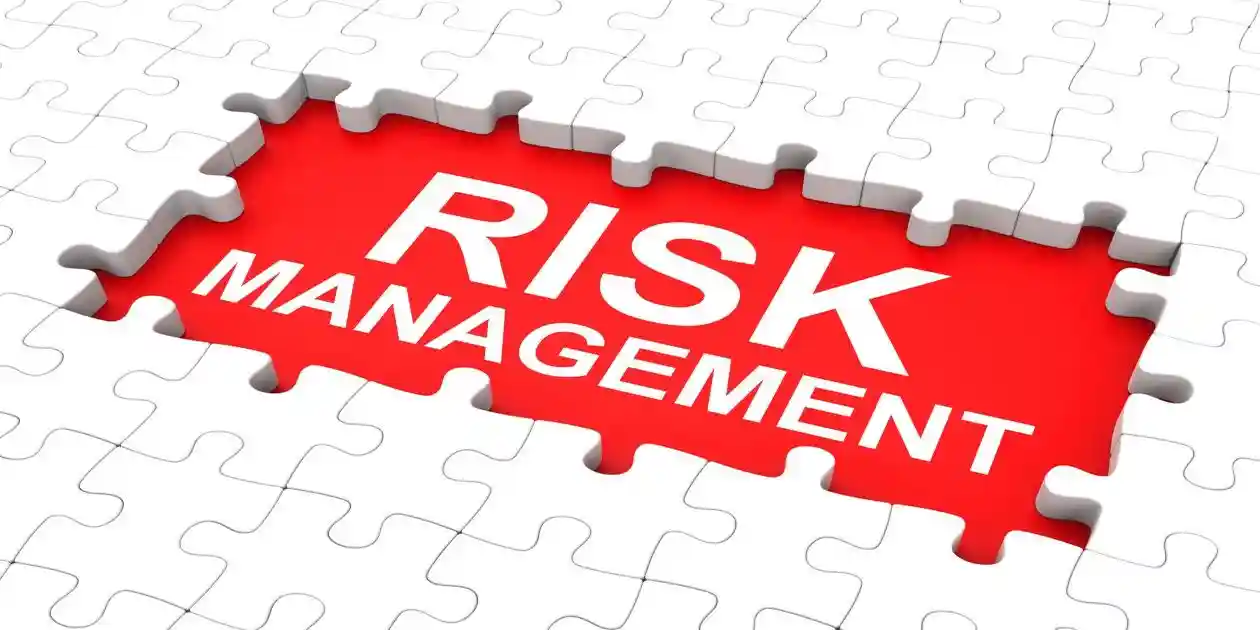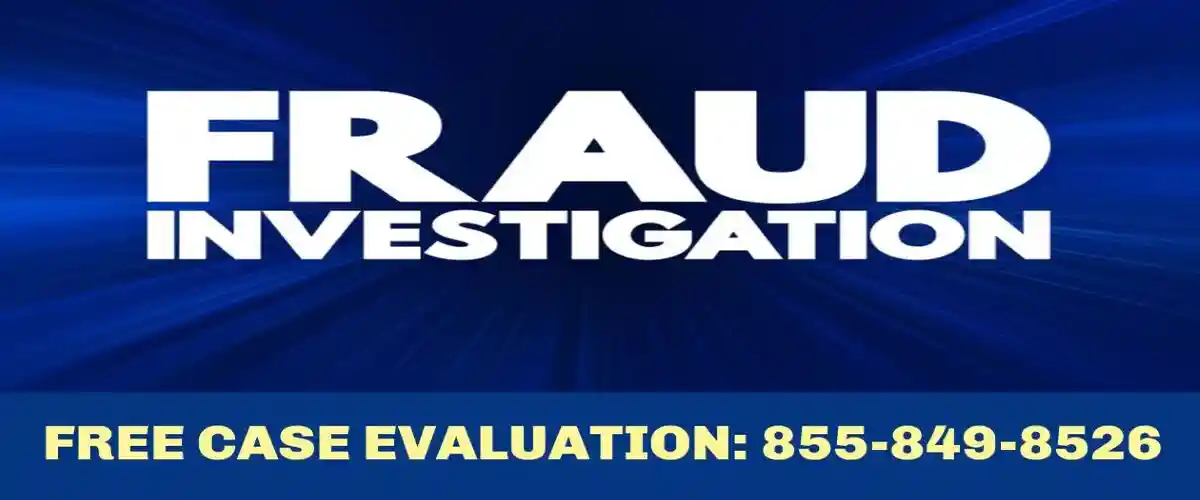Introduction to Accounting Fraud and Corporate Governance
- Accounting fraud and Corporate Governance: Accounting fraud is the intentional manipulation of financial statements to deceive stakeholders, while corporate governance refers to the system of rules, practices, and processes by which a company is directed and controlled. Effective corporate governance is crucial in preventing and detecting accounting fraud by creating a framework of accountability, transparency, and internal controls.
- In the complex landscape of modern business, accounting fraud remains a significant threat to the integrity of corporate governance. As we approach 2025, it’s crucial to understand how fraudulent financial reporting can undermine stakeholder trust and destabilize corporate structures. Accounting fraud typically involves intentional misrepresentation of financial statements to deceive stakeholders and manipulate stock prices.
- Corporate governance, on the other hand, encompasses the policies, practices, and processes employed by a company to ensure accountability and transparency to its stakeholders. Effective governance serves as the backbone of any successful corporation, promoting ethical behavior and long-term sustainability. When accounting fraud infiltrates these systems, it can lead to catastrophic consequences for firms and investors alike.
- This article explores the intricate relationship between accounting fraud and corporate governance, highlighting the impacts, challenges, and strategies for prevention as we look toward the future. By understanding these dynamics, you can better equip your organization to mitigate risks and foster a trustworthy business environment.
The Relationship Between Accounting Fraud and Corporate Governance
- The connection between accounting fraud and corporate governance is both intricate and significant. A company’s governance framework is intended to deter fraudulent activities by establishing clear checks and balances. However, when governance structures are weak or inadequately enforced, the opportunity for fraud increases. This relationship underscores the importance of robust governance systems in safeguarding a company’s financial integrity.
- Fraudulent activities can often exploit loopholes in governance, such as ineffective oversight by the board of directors or insufficient internal controls. When governance fails to detect or prevent fraud, it not only results in financial losses but also damages the company’s reputation and stakeholder trust. This erosion of trust can have long-lasting effects, making it difficult for the company to secure investments or partnerships in the future.
- Moreover, the interplay between accounting fraud and corporate governance highlights the need for continuous evaluation and refinement of governance practices. As regulations evolve and business environments change, so too must the mechanisms designed to prevent fraud. This dynamic relationship necessitates vigilance and adaptability among corporate leaders to maintain the integrity of their organizations.
Consequences of Accounting Fraud on Corporate Governance
- The repercussions of accounting fraud on corporate governance are profound and multifaceted. One of the most immediate consequences is the loss of investor confidence. When a company is found guilty of financial misconduct, its stock prices often plummet, leading to significant financial losses for shareholders. This loss of confidence can be challenging to regain, affecting the company’s ability to attract new investments.
- Beyond financial losses, accounting fraud can lead to legal repercussions and regulatory scrutiny. Companies involved in fraudulent activities are often subject to fines, penalties, and legal proceedings, which can further strain financial resources and divert attention from core business operations. Such legal battles can also lead to leadership changes, as boards and shareholders demand accountability and transparency from those in charge.
- The impact of fraud extends to the broader corporate culture, often resulting in a toxic work environment where unethical practices are tolerated or even encouraged. This degradation of corporate culture can hinder employee morale and productivity, making it difficult to cultivate a positive and innovative work environment. Addressing these consequences requires a concerted effort to restore governance standards and rebuild trust among stakeholders.
Importance of Internal Controls in Preventing Accounting Fraud
- Internal controls are a vital component in the prevention of accounting fraud within any organization. These controls consist of policies and procedures designed to safeguard assets, ensure financial accuracy, and promote compliance with laws and regulations. By establishing a robust internal control framework, you can significantly reduce the risk of fraudulent activities within your organization.
- One of the primary benefits of effective internal controls is their ability to detect irregularities before they escalate into major issues. Regular audits and reconciliations can help identify discrepancies early, allowing management to address potential fraud risks swiftly. Furthermore, internal controls promote accountability by delineating clear responsibilities and authority levels, making it easier to pinpoint where failures may occur.
- To enhance the effectiveness of internal controls, it’s crucial to foster a corporate culture that values transparency and ethical behavior. Training programs and communication strategies can reinforce the importance of adhering to established controls, thereby creating an environment where fraud is less likely to occur. As we prepare for the challenges of 2025, investing in strong internal controls will be essential for maintaining the integrity of corporate governance.
Case Studies of Major Accounting Fraud Incidents
- Examining case studies of significant accounting fraud incidents can provide valuable insights into the vulnerabilities within corporate governance. One of the most infamous cases is the Enron scandal, where complex accounting schemes masked the company’s financial struggles. The failure of its governance mechanisms led to one of the largest bankruptcies in history and highlighted the need for stricter regulatory oversight.
- Another notable case is the WorldCom scandal, where executives inflated earnings by billions of dollars through improper accounting entries. This case underscored the dangers of a lack of oversight and the importance of audit committees in ensuring the accuracy of financial statements. The aftermath of WorldCom’s collapse resulted in tighter regulations and reforms aimed at preventing similar fraud in the future.
- More recently, the scandal involving Wirecard, a German payment processing company, shocked the financial world. The company’s fraudulent financial practices went undetected for years, leading to a loss of billions for investors. These case studies illustrate the critical role that effective corporate governance and vigilant oversight play in preventing fraud and protecting stakeholder interests.
The Role of Corporate Governance in Mitigating Fraud Risks
- Corporate governance plays a pivotal role in mitigating the risks associated with accounting fraud. A well-structured governance framework establishes clear guidelines and responsibilities for boards, executives, and employees, creating an environment where transparency and accountability are prioritized. This structure helps to deter potential fraudulent activities by reducing opportunities for misconduct.
- One of the key elements of effective corporate governance is the establishment of an independent board of directors. An independent board can provide unbiased oversight and ensure that management actions align with shareholder interests. By implementing regular audits and reviews, the board can identify areas of concern and take corrective actions before issues escalate.
- Additionally, corporate governance can be strengthened through the adoption of ethical guidelines and codes of conduct. These principles serve as a foundation for decision-making and behavior within the organization, promoting a culture of integrity. As companies prepare for the challenges of 2025, emphasizing the role of governance in fraud prevention will be essential for maintaining stakeholder trust and business sustainability.
Trends in Securities Litigation Related to Accounting Fraud
- With the rise of accounting fraud, there has been an increase in securities litigation as affected parties seek compensation for their losses. This trend has significant implications for corporate governance, as companies must navigate legal challenges while maintaining their operations. Understanding these trends can help you better prepare your organization for potential litigation risks.
- One notable trend is the growing number of class-action lawsuits filed by shareholders against companies accused of fraudulent financial reporting. These legal actions often result in substantial settlements, putting additional financial strain on the accused companies. To mitigate the risk of litigation, it is crucial for companies to ensure the accuracy and transparency of their financial disclosures.
- Furthermore, regulatory bodies have intensified their scrutiny of financial reporting practices, leading to increased enforcement actions against companies and executives involved in accounting fraud. This heightened regulatory environment places additional pressure on companies to adhere to governance standards and maintain ethical business practices. By staying informed of these trends, you can better equip your organization to navigate the evolving legal landscape.
Best Practices for Strengthening Corporate Governance
- Implementing best practices for strengthening corporate governance is essential for preventing accounting fraud and maintaining stakeholder trust. A key aspect of strong governance is the establishment of clear policies and procedures that promote transparency and accountability at all levels of the organization. By adhering to these practices, you can create a robust governance framework that deters fraudulent activities.
- One effective practice is the separation of duties, which involves dividing responsibilities among different individuals to prevent conflicts of interest and reduce the risk of fraud. Additionally, regular training programs can help reinforce the importance of ethical behavior and compliance with governance standards. These programs should be tailored to address the specific risks and challenges faced by your organization.
- Another important practice is the implementation of regular audits and assessments to evaluate the effectiveness of governance mechanisms. These evaluations can identify areas for improvement and ensure that controls remain relevant and effective. By adopting these best practices, you can strengthen your organization’s governance framework and better prepare for the challenges of the future.
Preparing for 2025: Future Challenges in Accounting Fraud Prevention
- As we look toward 2025, the landscape of accounting fraud prevention will continue to evolve, presenting new challenges and opportunities for corporate governance. One of the primary challenges will be adapting to technological advancements, such as artificial intelligence and blockchain, which can both aid and complicate fraud detection efforts. Staying abreast of these developments will be crucial for maintaining effective governance.
- Another significant challenge will be the increasing complexity of global regulations, as companies operate across multiple jurisdictions with varying compliance requirements. This complexity necessitates a proactive approach to governance, where organizations must continuously monitor and adapt to changing regulations to avoid potential pitfalls. By fostering a culture of compliance, you can ensure your organization remains resilient in the face of these challenges.
- Finally, the growing emphasis on environmental, social, and governance (ESG) factors will require companies to integrate these considerations into their governance frameworks. As stakeholders demand greater transparency and accountability in these areas, companies will need to develop comprehensive strategies to address ESG-related risks and opportunities. By preparing for these future challenges, your organization can enhance its governance practices and maintain a competitive edge.
Conclusion: The Path Forward for Corporate Governance and Fraud Prevention
- In conclusion, the relationship between accounting fraud and corporate governance is a critical consideration for organizations aiming to maintain integrity and stakeholder trust. By understanding the impacts of fraud and the importance of robust governance frameworks, you can better equip your organization to navigate the challenges of the future. Implementing best practices and fostering a culture of transparency and accountability will be essential for preventing fraud and ensuring sustainable success.
- As you prepare for the challenges of 2025, it is crucial to remain vigilant and adaptable in the face of evolving risks and opportunities. By investing in strong governance mechanisms and staying informed of industry trends, your organization can create a resilient foundation for growth and innovation. Embracing these strategies will not only protect your company from fraud but also enhance its reputation and competitiveness in the marketplace.
Contact Timothy L. Miles Today for a Free Case Evaluation
If you suffered substantial losses and wish to serve as lead plaintiff in a securities class action, or have questions about securities class action settlements, or just general questions about your rights as a shareholder, please contact attorney Timothy L. Miles of the Law Offices of Timothy L. Miles, at no cost, by calling 855/846-6529 or via e-mail at [email protected]. (24/7/365).
Timothy L. Miles, Esq.
Law Offices of Timothy L. Miles
Tapestry at Brentwood Town Center
300 Centerview Dr. #247
Mailbox #1091
Brentwood,TN 37027
Phone: (855) Tim-MLaw (855-846-6529)
Email: [email protected]
Website: www.classactionlawyertn.com
Facebook Linkedin Pinterest youtube
Visit Our Extensive Investor Hub: Learning for Informed Investors





